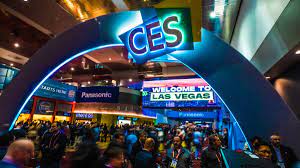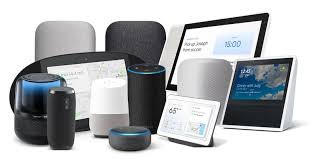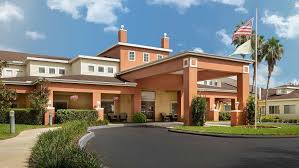Nuance Audio is a new option for people who resist traditional aids, from the company that makes Ray-Bans and operates LensCrafters.
Seekers of Meaning Podcast Posted Online March 7, 2025
What's Next Longevity Deal Talk Episode 32, January, 2025
Presentation: What's Next Longevity Venture Summit, June, 2025

 It’s possible to participate in CES – and not be a startup. While startups were
It’s possible to participate in CES – and not be a startup. While startups were lexa Together
lexa Together  What care delivery has seen an uptake in technology adoption? People imagined that post-Covid-19, technology would become much more compelling in all types of care delivery. And for sure, the pandemic institutionalized the role of in-home telehealth, with CMS reimbursement
What care delivery has seen an uptake in technology adoption? People imagined that post-Covid-19, technology would become much more compelling in all types of care delivery. And for sure, the pandemic institutionalized the role of in-home telehealth, with CMS reimbursement  There is a labor shortage everywhere -- ditto in senior care. We know that one of the biggest issues in senior living (and home care, nursing homes, home health care) today is a shortage of labor. This
There is a labor shortage everywhere -- ditto in senior care. We know that one of the biggest issues in senior living (and home care, nursing homes, home health care) today is a shortage of labor. This